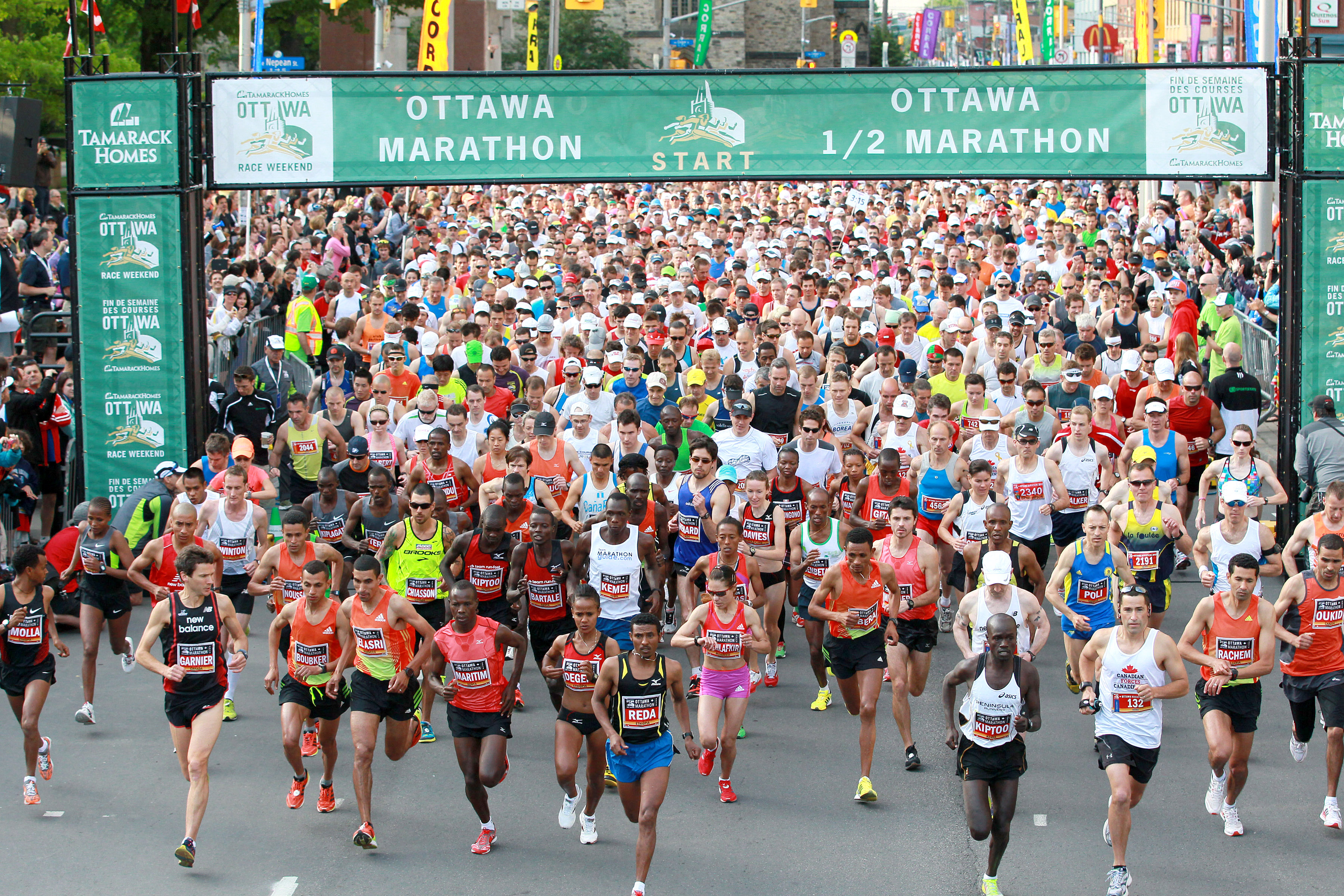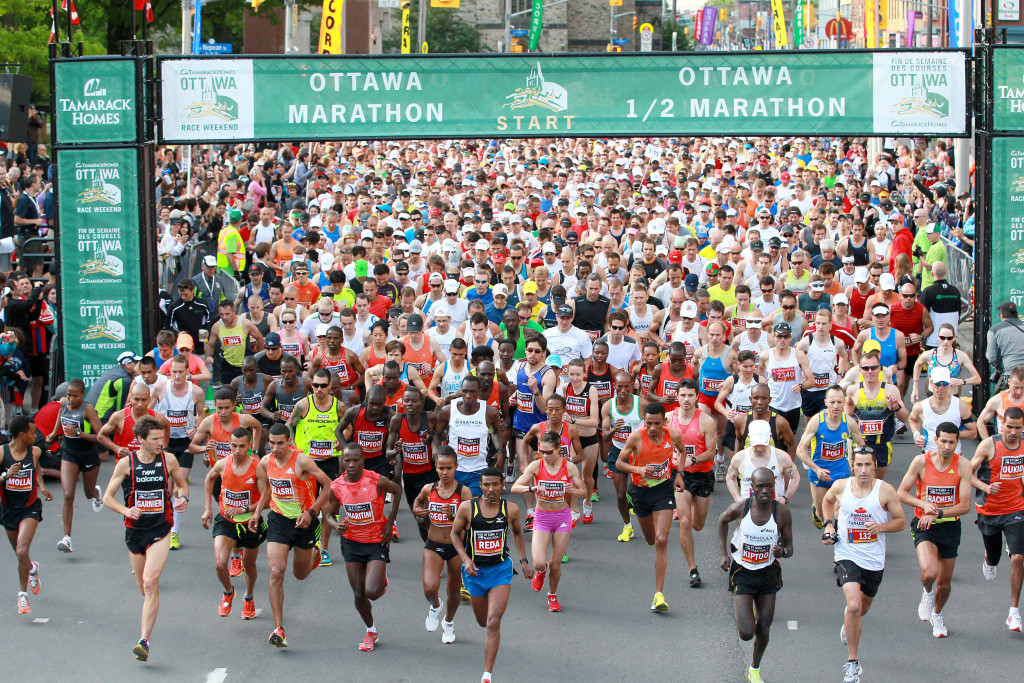Should you consider running a “revenge race?”

You trained. You tapered. You ran your goal race. Unfortunately it didn’t go as planned. Now you’re hoping to get revenge by lining up again and performing better.

Not every race is going to go precisely to plan. Bad weather, an emergency pit-stop or a nasty head cold could prevent you from running your best or getting the most out of yourself on race day. If you feel you deserve better, the temptation to race again and get revenge will be high.
So called “revenge races” are usually run a few weeks after the aforementioned sub-par performance. It is often the same distance as the race you originally ran but done a few weeks later after you’ve recovered from the first effort. Whether this is a good idea however, is up for debate.
RELATED: Did you run too much or too little? Questions to ask yourself after running your goal race
John Lofranco is the head coach of McGill Olympic Club. He suggests that runners first consider why a sub-par race happened in the first place. “Were you adequately prepared?” he asks, “if so, it’s important to remember that you don’t lose all the fitness you gained in training when you have a bad race.”
If, however, you can honestly assess your training and the reason the race did not go well was because you weren’t well-trained then Lofranco points out that jumping into another one is probably not going to lead to a different result. If the poor result was due to external factors such as weather or even illness (that you’re able to recover from), then giving another race a go may not be a bad idea.
There are however special considerations for different distances. Lofranco notes that for a marathon, running another race in short succession may not be possible. “If you dropped out before 30K and you can recover well enough, then maybe you can go again in a month.” If you ran the entire 42.2K though, your body will likely require more time and may not rebound in time (or at all) for another attempt. Shorter distances on the other hand, for which it doesn’t take too long to recover, can be re-run with relative ease. Lofranco suggests you can race again in a week or two for 5K-10K, and maybe two or three weeks for a half-marathon.
As for how best to prepare for such an attempt, Lofranco urges caution. “Don’t try to add training. Just rest and maintain. Nothing you do in the week or two between events is going to change your fitness, but you can definitely decrease your fatigue and be better positioned to race well.” He suggests sticking with mostly easy runs and short workouts (if you do any at all) just to keep the legs sharp.
RELATED: Junk miles: Are “easy” runs sabotaging your training?
Lofranco’s final words of wisdom may be hard to swallow: “Sometimes you just need to suck it up and accept defeat. A revenge race can take place months or even years later. Stick with your original plan and be patient. Revenge, they say, is a dish best served cold.”


